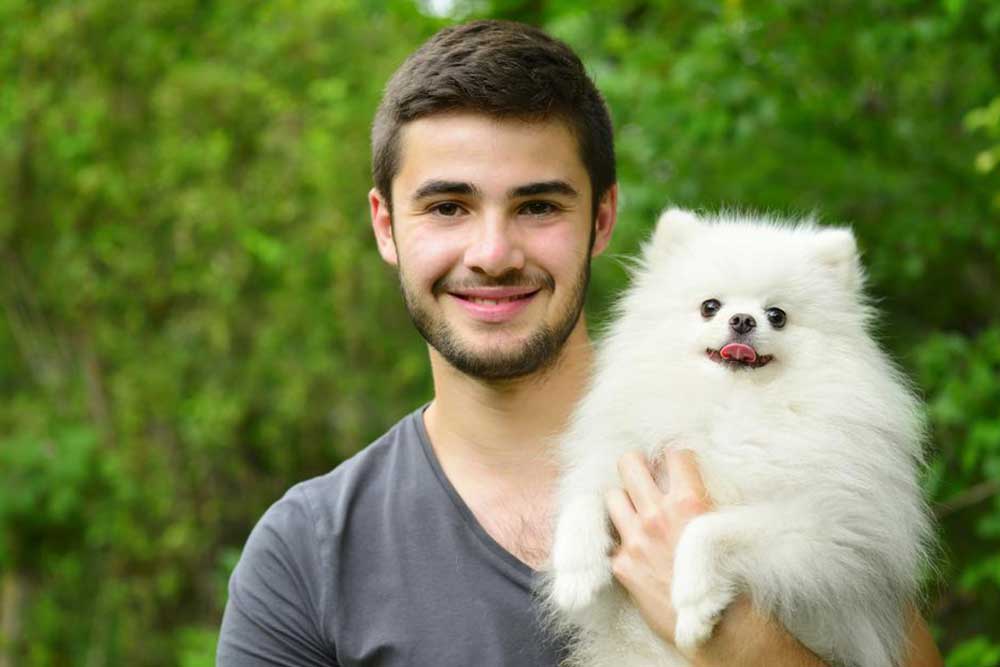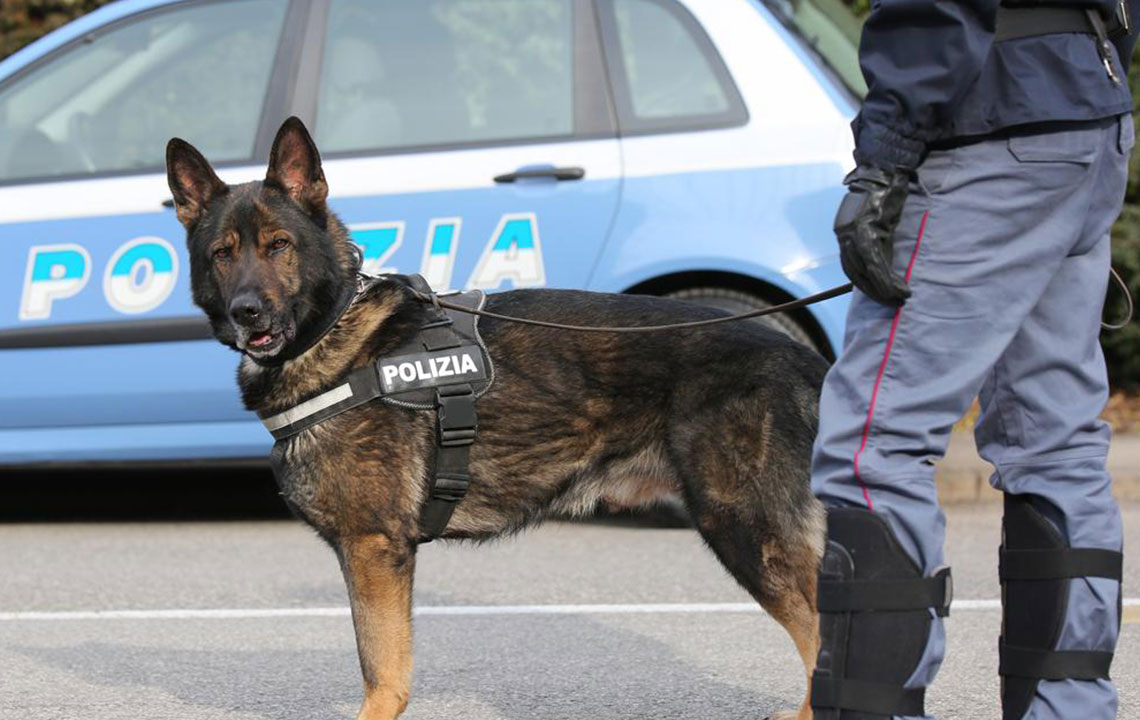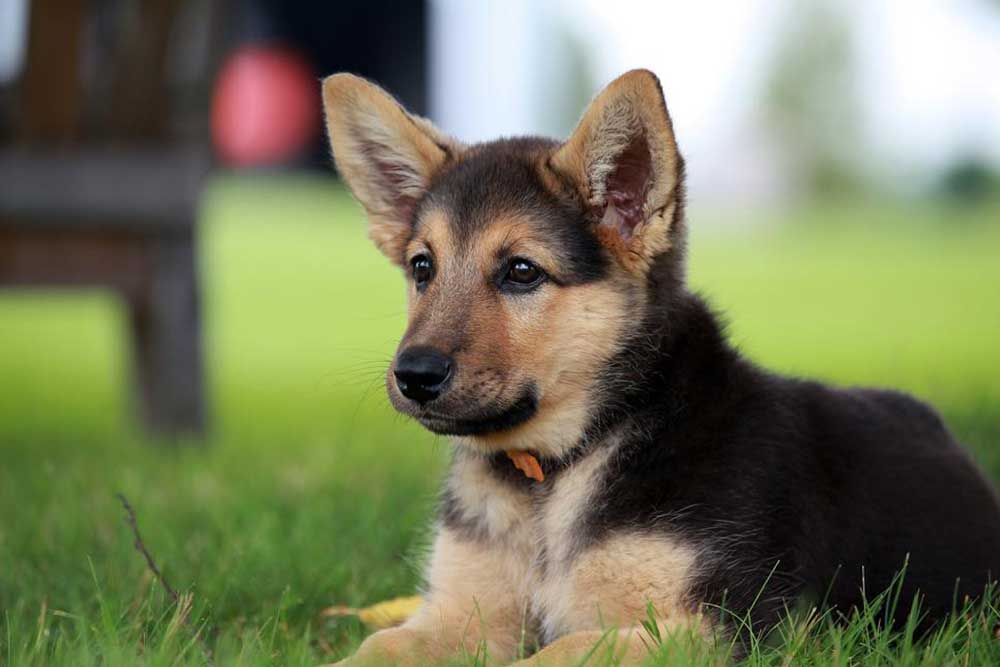Effective Training Strategies for Your Pomeranian Puppy
Learn essential training tips for Pomeranian puppies to develop good behavior early. From basic commands to socialization, this guide helps owners ensure a well-behaved and confident companion. Proper training, socialization, and patience can prevent behavioral issues and promote a happy bond with your furry friend.

Pomeranian puppies are perfect companions for new dog owners, thanks to their intelligence, friendly nature, and charming looks. Their ultra-soft, colorful coats and adaptability make them suitable for many living spaces. However, without proper training, they may develop mischievous habits, including stubbornness and behavioral issues like barking and aggression. Consistent, positive reinforcement-based training from an early age is key. Teaching basic commands such as "Sit," "Stay," "Down," "Quiet," and "Come" with treats and praise encourages good habits from the start.
Begin with simple commands like "Sit," ensuring your puppy responds consistently before moving on. The "Quiet" command helps manage their tendency to bark excessively, especially around strangers, using noise desensitization and rewards for silence.
Potty training should start around 8 weeks. Take your puppy to a designated outdoor area after waking, eating, and before bedtime, rewarding successful eliminations. Pomeranians can be possessive, which might lead to barking or aggression, especially with children; so supervise interactions carefully. Socialization is vital—expose your puppy gradually to different environments, people, and other dogs, ideally two weeks after vaccination, to build confidence and good manners.


